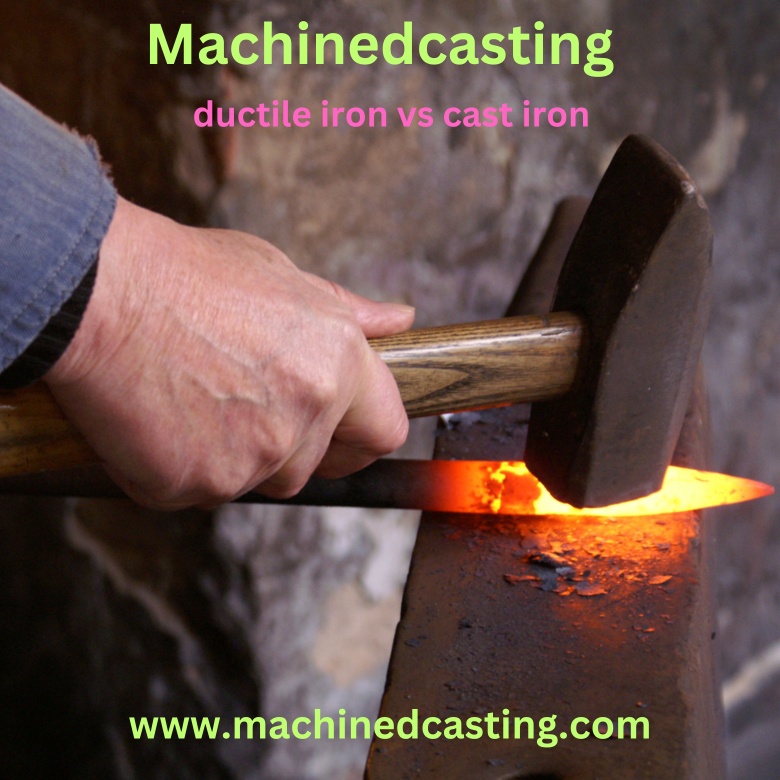Ductile iron vs cast iron are two popular materials used in a variety of applications, from pipes and automotive components to cookware and decorative items. While they share some similarities, they also have distinct differences in terms of composition, properties, and applications. In this comprehensive guide, we will explore the key differences between ductile iron vs cast iron to help you understand when and where each material is best suited.
Ductile Iron
Ductile iron, also known as nodular cast iron or spheroidal graphite iron, is a type of cast iron that has been engineered to have improved mechanical properties compared to traditional cast iron. Key features of ductile iron include:
-
Graphite Form: Ductile iron contains spherical graphite nodules, which provide it with enhanced ductility and toughness. This graphite form is a result of adding magnesium to the molten iron during the manufacturing process.
-
Strength: Ductile iron is significantly stronger than traditional cast iron, making it suitable for applications where high tensile strength is required. It can withstand heavy loads and shock without fracturing.
-
Ductility: One of the defining characteristics of ductile iron is its ability to deform plastically under stress, rather than shattering. This property makes it suitable for components subjected to bending and flexing.
-
Corrosion Resistance: Ductile iron exhibits good corrosion resistance, especially when coated or lined. This makes it suitable for applications in corrosive environments, such as water and sewage systems.
-
Machinability: Ductile iron is relatively easy to machine, allowing for precision machining and tight tolerances in various applications.
Cast Iron
Cast iron is a general term that includes a range of iron alloys. Traditional cast iron, often referred to as gray iron, is known for its unique properties:
-
Graphite Form: In gray iron, graphite is in a flake-like form, which results in brittleness. This characteristic makes traditional cast iron less ductile compared to ductile iron.
-
Strength: While cast iron is strong in compression, it is brittle in tension. This means it is prone to fracture when subjected to bending or tensile forces.
-
Hardness: Cast iron is known for its hardness and wear resistance, which makes it suitable for applications like engine blocks, cookware, and brake rotors.
-
Heat Retention: Cast iron has excellent heat retention properties, making it ideal for cooking surfaces like skillet pans.
-
Cost-Effective: Traditional cast iron is often more cost-effective than ductile iron, which can make it a preferred choice for certain applications where high tensile strength is not required.
Applications
Ductile Iron Applications:
- Water and sewage pipes and fittings
- Automotive components such as crankshafts and gears
- Structural components in construction
- Agricultural machinery parts
- Industrial valves and pumps
Cast Iron Applications:
- Engine blocks and cylinder heads
- Cookware, including skillets and Dutch ovens
- Brake rotors and brake drums
- Decorative items and sculptures
- Manhole covers and street gratings
Conclusion
In summary, the choice between ductile iron vs cast iron depends on the specific requirements of your application. Ductile iron offers enhanced strength and ductility, making it suitable for structural and heavy-duty applications, while traditional cast iron excels in applications where hardness, wear resistance, and heat retention are critical. Understanding the properties and applications of these materials is essential for making informed decisions in various industries and engineering projects.


No comments yet